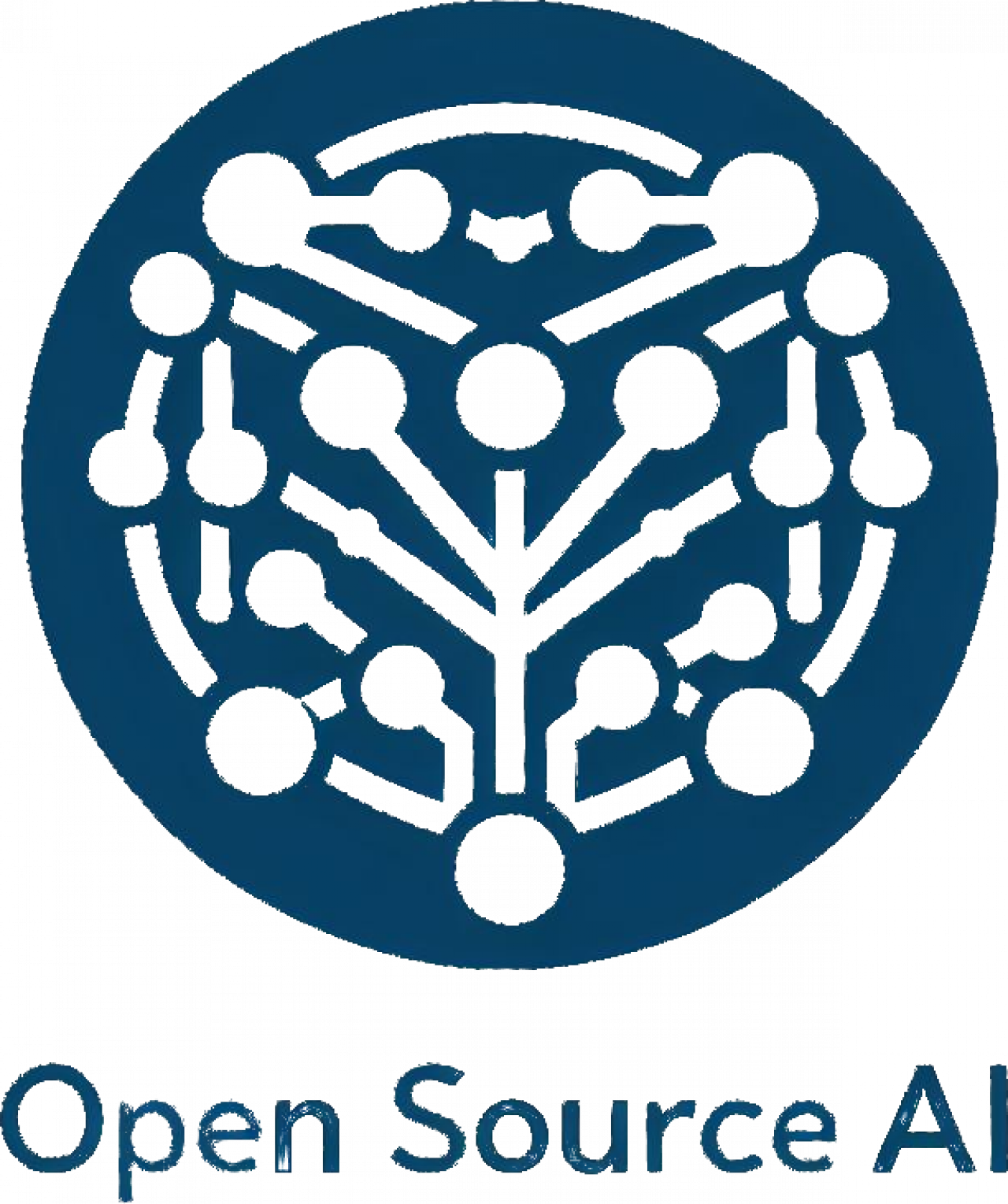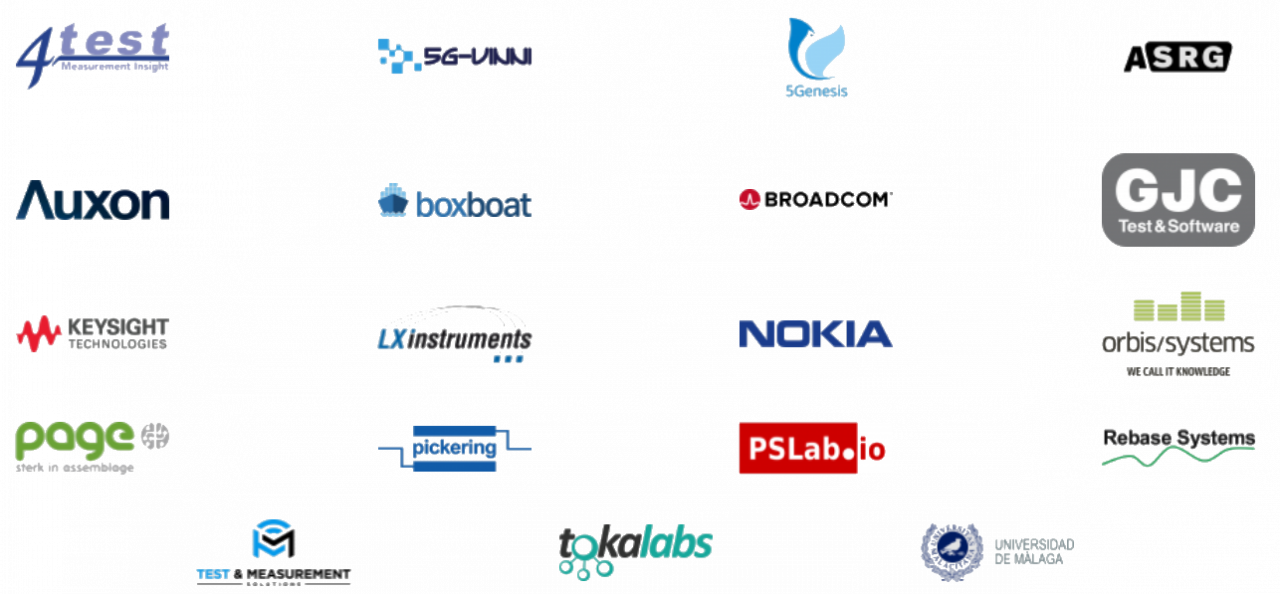
In 2024, the open-source landscape saw significant developments across various sectors, from AI to the Cloud to Cybersecurity and beyond. Following are some of the most impactful projects and trends.
Open Source and AI

AI Focus: open source projects focusing on generative AI tools and frameworks surged, democratizing access to advanced machine learning and reflecting the broader integration of AI into software development. These initiatives supported advancements in natural language processing and large language models, offering robust community-driven alternatives to proprietary AI systems. Notable examples include OpenAI’s Whisper for speech recognition and Hugging Face Transformers for NLP.
AI integration in OSS - enhanced coding efficiency and enabled automation of complex tasks, marking a transformative shift in software development processes.
OSI and AI – the Open Source Initiative (opensource.org) published its first attempt at a definition for “Open Source AI” to very mixed reviews.
Cloud-Native and Edge Computing

The evolution of cloud-native platforms and edge technologies continued to dominate the IT conversation, especially projects enhancing the efficiency of distributed systems and enabling real-time data processing. Kubernetes-based solutions remained central to this development.
Cybersecurity Focus
DevSecOps and SBOM - security continues to be a top priority, with widespread adoption of Software Bills of Materials (SBOMs) to improve open source software compliance and security governance, by enhancing transparency in tracking software dependencies and vulnerabilities
Supply chain security became a critical focus, with tools like Sigstore gaining traction for secure software signing.
Rise of the OSPO

Open Source Program Offices - companies increasingly established OSPOs to manage and contribute to open-source projects, standardize compliance, and foster innovation through community engagement.
Community Milestones
Apache - the Apache Software Foundation saw record contributor growth.
Kubernetes – this popular project celebrated its 10th anniversary with advancements in scalability and developer tools.
Forking of Projects

Concerns over licensing changes led to more projects and communities to fork with the stated motive of ensuring they remained freely available (in the face of the legacy project being dominated by or relicensed by a single vendor) such as the HashiCorp Terraform fork into OpenTofu.
Advances in Open Source Test Automation
Scriptless and codeless test automation gained traction, enabling non-technical testers to create and execute tests through visual interfaces, keywords, or recording-and-playback mechanisms. This trend can make test automation more accessible to regular businesspeople, reducing dependency on coding skills.
AI-Powered Testing Tools
A number of trends and capabilities surfaced to leverage AI in open source test automation
· Open source AI-driven testing tools became more prevalent, leveraging machine learning
· Some testing tools acquired automatic test case generation based on historical data and code patterns
· Self-healing capabilities emerged on the scene to adapt to changes in application UI or code structure
· Smart error detection and test optimization for improved efficiency
· Tools like Robot Framework and Functionize stood out for their adaptability and integration with CI/CD pipelines
Cloud-Based Testing
Cloud testing tools surged in popularity, offering scalable environments for web, mobile, and API testing. These tools reduce infrastructure costs, enabled collaboration, and integrated AI/ML for faster release cycles.
Platforms like ACCELQ provided codeless testing solutions tailored for hybrid environments, emphasizing self-healing automation and dynamic test maintenance.
Shift-Left Testing Adoption
Open source frameworks increasingly support shift-left testing, enabling earlier bug detection by integrating automated tests into CI/CD pipelines from the beginning of the development lifecycle.
API Testing
Codeless API testing tools gained momentum, simplifying API test creation for a broader audience while ensuring robust coverage of backend systems.

Evolution of OpenTAP
The OpenTAP project continued to evolve in 2024. Highlights include
Major Releases
2024 was a busy year for the project, with four major releases and additional minor ones:

OpenTAP Ecosystem Advances
· Release of the Network Analyzer Plugin
· Virinco makes WATS plugin available
· Keysight expands list of OpenTAP-based products
· Other new packages and plugins
Conclusion
These trends underscore the expanding influence of open source software in driving innovation, promoting collaboration, and addressing global challenges. Return often to this blog site for news and insights about open source and test automation.